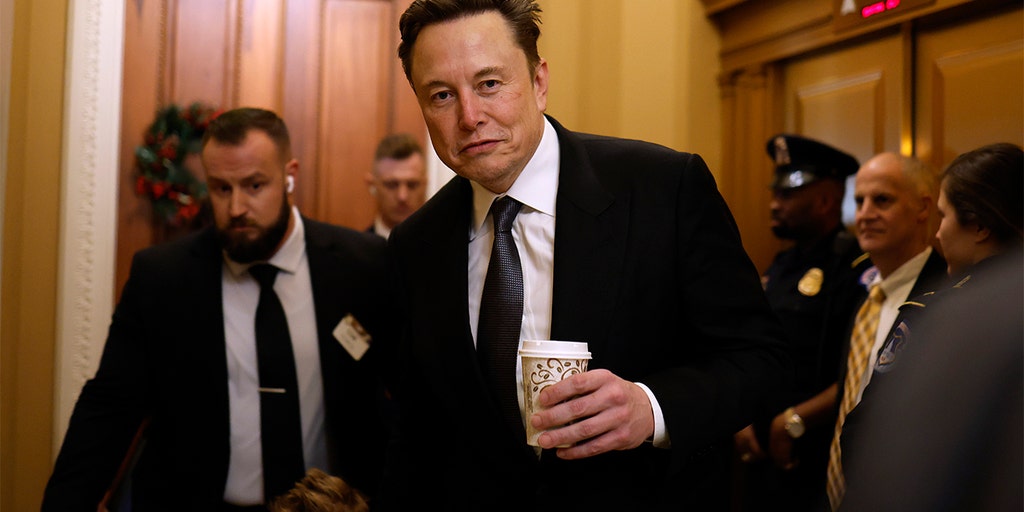Idaho Health District Bans Coronavirus Vaccine Distribution in Public Clinics

The Idaho health district has banned public clinics from providing the coronavirus vaccine, citing concerns over safety based on misinformation. This marks a significant departure from established medical consensus, raising alarms about public health effects.
This Idaho health district has made a significant decision to ban public clinics from distributing the coronavirus vaccine as fear from the pandemic fades from public memory.
In October, Ryan Cole, a pathologist, addressed the regional health board to advocate for this ban, labeling the vaccines as "experimental gene therapy" and suggesting they provide "all risk, zero benefit." His claims contradicted extensive evidence showing the vaccines' effectiveness in combating the pandemic that claimed over 1.2 million American lives.
Cole's assertions included accusations that Pfizer's vaccine was contaminated with carcinogens, despite federal experts confirming the vaccines' safety following rigorous studies.
He did not disclose that his medical license had previously been restricted due to "numerous demonstrably false" statements regarding the coronavirus vaccine. As a result, he is appealing to regain his full medical practice rights.
The health board voted 4-3 to prohibit the coronavirus vaccine distribution in public clinics, demonstrating a growing skepticism towards vaccines that coincides with diminishing fears from the pandemic. This marks a historic decision as it is the first known instance in the U.S. where access to a vaccine has been limited by local health officials, despite federal oversight and approval.
Public health experts are worried this could pave the way for other health boards to reject scientific consensus on the vaccine, especially given the rise of misinformation. Robert F. Kennedy Jr., a prominent figure in the anti-vaccine movement and potential appointee in the Trump administration, has made several debunked claims about vaccine safety.
Concerns are particularly acute in Idaho, where 14% of kindergarteners received exemptions from vaccination requirements, the highest rate in the country. Medical professionals fear this could lead to increased rates of preventable diseases.
A member of the health board, Zach Brooks, argued that the decision aims to "protect people's health," siding with advice that contradicts established guidelines from the CDC and FDA.
This ban affects vulnerable populations, including residents in long-term care facilities who will struggle to receive vaccinations without the support of public health clinics. Although residents may still receive the vaccine through private physicians or pharmacies, access is particularly challenging for low-income families.
The declining demand for the vaccine in the region raises alarms as public health experts worry about spreading misinformation and further lowering vaccination rates.
Professionals like Dr. Andrea Christopher have expressed disappointment that medical boards have not adequately punished practitioners promoting this dangerous misinformation. The consequence may have far-reaching effects as misinformation continues to spread and health boards might reject consequential scientific guidelines.
Overall, experts warn that relying on anti-science rhetoric could severely impact public health, especially in areas already vulnerable to vaccine hesitancy.

















